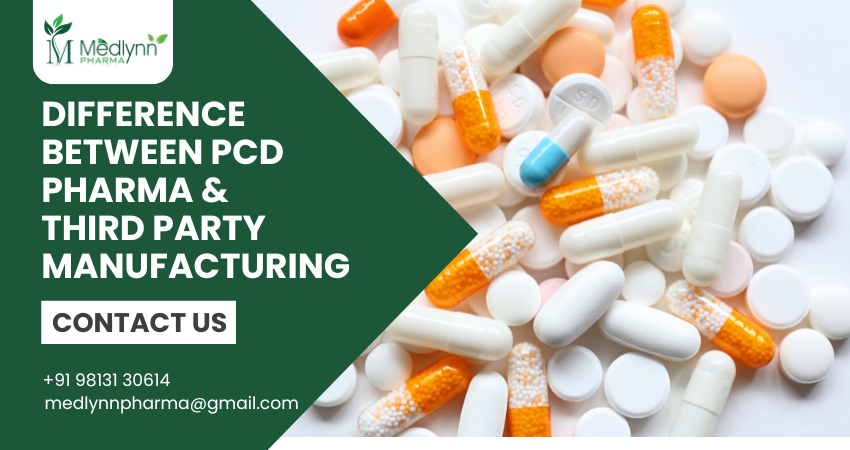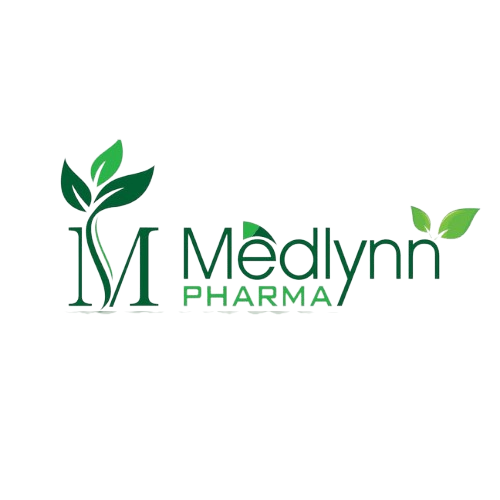Difference Between PCD Pharma & Third Party Manufacturing

PCD Pharma Franchise and Third Party Manufacturing are two different business models in the pharmaceutical industry. Here are the key differences between them:
Business Model:
1.PCD Pharma companies allow individuals or small businesses to market and sell their pharmaceutical products under their brand name.
2.The PCD franchisee operates under the terms and conditions set by the parent PCD Pharma company.
Ownership:
1.The parent PCD Pharma company owns the products and handles the manufacturing, branding, and distribution.
2.The franchisee focuses on the marketing and sales in a specific region or territory.
Investment:
1.The initial investment for a PCD Pharma franchise is generally lower compared to starting a full-fledged pharmaceutical manufacturing unit.
2.The franchisee invests in the marketing and distribution efforts.
Control:
1.The PCD franchisee has limited control over the product formulations, manufacturing process, and branding, as these are managed by the parent company.
2.The franchisee has control over local marketing strategies and customer relationships.
Risk:
1.The risk is relatively lower for the franchisee since the parent company supports the product quality and regulatory compliance.
2.The franchisee’s risk is mainly related to the market acceptance and sales performance.
Support:
1.The parent PCD Pharma company provides marketing materials, promotional support, and sometimes training to the franchisee.
Business Model:
1.Third Party Manufacturing (also known as contract manufacturing) involves a pharmaceutical company outsourcing the manufacturing of its products to another manufacturing unit.
2.The pharmaceutical company owns the brand and handles the marketing and sales.
Ownership:
1.The outsourcing company owns the products and the brand, while the third-party manufacturer is responsible for producing the pharmaceutical products as per the specifications.
Investment:
1.The outsourcing company invests in branding, marketing, and distribution.
2. The third-party manufacturer invests in the production facilities, technology, and quality control processes.
Control:
1.The outsourcing company has significant control over product formulations, quality standards, and packaging as per their specifications.
2.The third-party manufacturer follows the guidelines and specifications provided by the outsourcing company.
Risk:
1.The risk is shared between the outsourcing company and the third-party manufacturer. The manufacturer ensures compliance with regulatory standards and production quality.
2.The outsourcing company takes on the market risk and product acceptance.
Support:
1.The third-party manufacturer provides production capacity, technical expertise, and compliance with regulatory standards.
2.The outsourcing company provides detailed specifications and may conduct quality checks to ensure compliance.
Summary
- PCD Pharma Franchise is a model where the franchisee markets and sells products of a parent company under its brand name, with a focus on distribution and sales within a specific region.
- Third Party Manufacturing involves a pharmaceutical company outsourcing its production to a manufacturing unit, retaining control over the brand, formulations, and marketing, while the manufacturer produces the products as per given specifications.
Both models offer different advantages and are suitable for different business goals and investment capabilities within the pharmaceutical industry.



